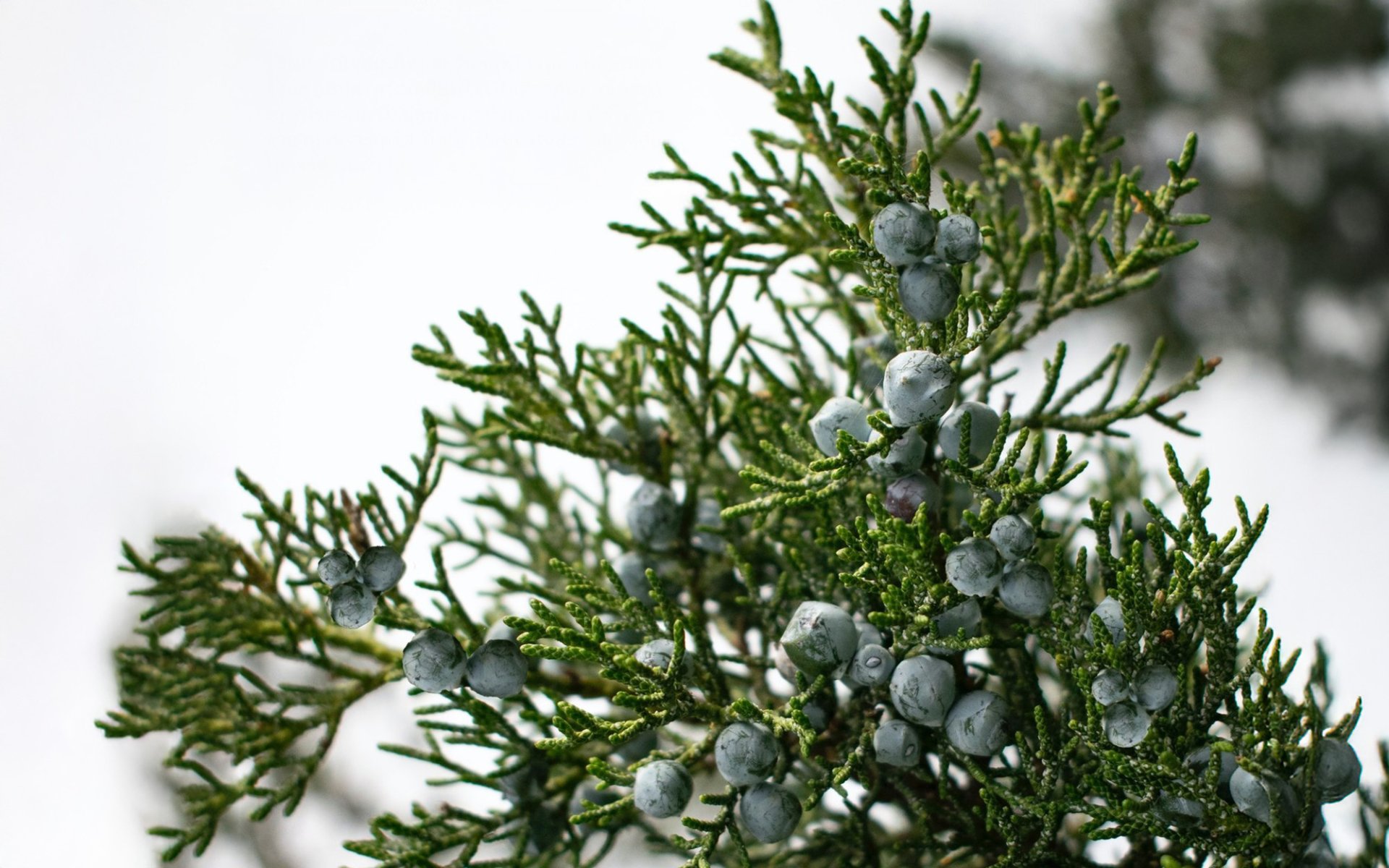Juniper

Juniper is a western herb known for its distinctive aroma and intense flavor. It is widely popular, serving as both a spice in cuisine and an ingredient in beverages.
A Long History of Juniper: From Ancient Medicine to Incense
The history of juniper dates back to ancient civilizations. Egyptians commonly used juniper for embalming due to its preservative properties. Historical evidence indicates that juniper was found in the tomb of King Tut, or Tutankhamun, the pharaoh of ancient Egypt at the time.
It is believed that ancient Egyptians also used juniper for food preservation. However, this is not the only evidence of juniper's use; in ancient Greek and Roman cultures, there is evidence of juniper being used as medicine to treat toothaches, headaches, and aid digestion.
Beyond these properties, juniper also played a significant role in various religious and cultural practices of the ancient Greeks and Romans. They often burned juniper branches as incense during religious rituals, believing that juniper possessed the power to ward off evil spirits.
Juniper in the World of Culinary Arts and Gin
The use of juniper in cooking first appeared in Scandinavian cuisine, where it was used to flavor gravlax, a dish made from cured salmon similar to smoked salmon, and wild game, to add a distinctive aroma and taste.
Later, during the Middle Ages, juniper became more widely recognized as an ingredient in gin production. Since juniper is an aromatic herb with an intense flavor, its demand increased significantly as gin gained widespread popularity.
Today, there are various species of juniper, but the most popular ones are Juniperus communis and Juniperus oxycedrus. These two types of juniper have different flavors and aromas, allowing gin distillers to produce a wide range of gin styles.
Juniper: Nutritional Value and Modern Applications
In recent years, juniper has experienced a resurgence in the culinary world. Chefs and food enthusiasts alike have explored its unique flavors and versatile properties, discovering that juniper can be extracted to make essential oils, vinegar, and syrups. Besides processing, in general cooking, dried juniper is more commonly used than fresh. It is ground into a powder and sprinkled over food, pairing well with wild game, fish, and sausages.
In terms of nutritional value, juniper is a good source of Vitamin C and contains antioxidants. It is commonly used as a diuretic, to treat stomach aches and indigestion, and as a natural antiseptic due to its antimicrobial properties.


